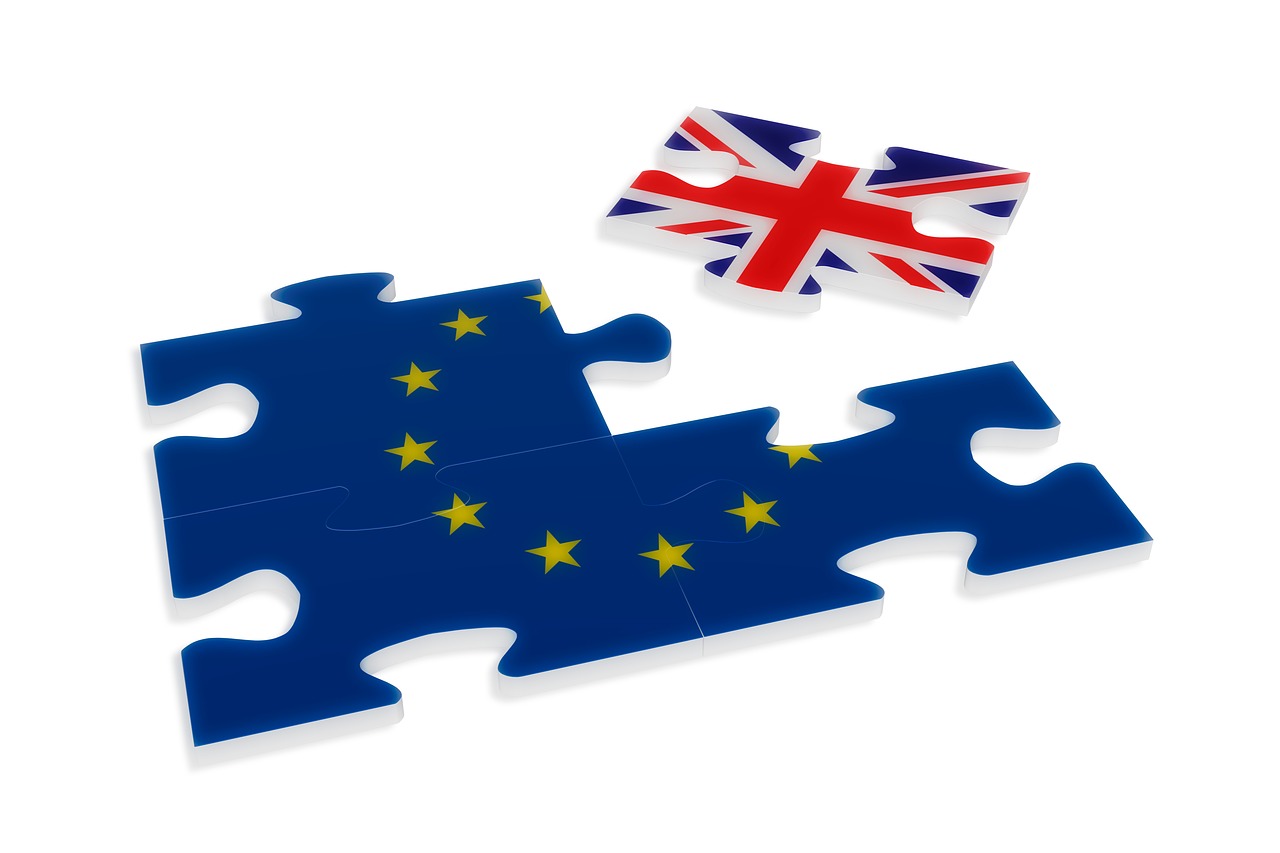
In the following guidance you will find detail on trade implications as a reuslt of Brexit. We recommend reading them in conjuction with Brexit guidance from the Government which you can find here and in the links to relevant government information below.
[su_spoiler title=”Changing from CE Marking to UKCA marking – what you need to know” open=”no” style=”default” icon=”plus” anchor=”” class=””]
For goods placed on the GB market (England, Scotland and Wales) for goods placed on the Market in NI see NI section of Hub
The Government has introduced the UKCA (UK Conformity Assessed) marking which applies to many goods being placed on the market in Great Britain. It covers goods which previously required CE marking .
The Government is encouraging businesses to use the UKCA marking from 1st January 2021, however, to allow businesses time to adjust, some CE marked goods, that meet EU requirements, may continue to be placed on the UK market until the 1st January 2022, and businesses should prepare for the end of recognition of the CE mark in Great Britain by introducing the UK marking (UKCA), using a UK-recognised ‘approved body’ by 1st January 2022.
For further information on implementing UKCA marking visit this Government guidance page.
[/su_spoiler]
[su_spoiler title=”How is Brexit likely to affect import rules and regulations from 1st January 2021?” open=”no” style=”default” icon=”plus” anchor=”” class=””]
From 1st January 2021, any companies importing goods into the UK must follow the following steps to ensure that they are complying with the new rules and regulations:
– Get an Economic Operator Registration and Identification (EORI) number that starts with GB.
– Decide if you want to make customs declarations yourself yourself or get help with the declarations process.
– You could be entitled to financial help to enable your business to complete customs declarations.
– If you have authorisations to use special or simplified procedures, you need to check that they still apply.
[/su_spoiler]
[su_spoiler title=”Import goods into the UK: step by step” open=”no” style=”default” icon=”plus” anchor=”” class=””]
How to bring goods into the UK from any country, including how much tax and duty you’ll need to pay and whether you need to get a licence or certificate.
[/su_spoiler]
[su_spoiler title=”Export goods from the UK: step by step” open=”no” style=”default” icon=”plus” anchor=”” class=””]
How to move goods from the UK to international destinations, including the EU.
[/su_spoiler]
[su_spoiler title=”Changes to EU and international designs and trade mark protection from 1st January 2021″ open=”no” style=”default” icon=”plus” anchor=”” class=””]
– The Intellectual Property Office has produced guidance for business holding registered community designs and international trademarks and designs after the end of the transition period. Changes to EU and international designs and trade mark protection from 1st January 2021.
[/su_spoiler]
[su_spoiler title=”Zero Tariffs on goods traded between the UK and the EU” open=”no” style=”default” icon=”plus” anchor=”” class=””]
On the 24th December 2020 the United Kingdom and the European Union came to an agreement on Trade and Cooperation
The agreement provides for zero tariffs and zero quotas on all goods that comply with the appropriate rules of origin.
How to check the tariff rates that apply to goods you import from third countries other than the EU.
The BWF encourages all members to begin having conversations with their suppliers regarding any potential price changes and any issues that could impact supply.
[/su_spoiler]
[su_spoiler title=”EU trademark protection and comparable UK trademarks” open=”no” style=”default” icon=”plus” anchor=”” class=””]
– The Intellectual Property Office has produced guidance for businesses and organisations holding EU trademarks at the end of the transition period. EU trademark protection and comparable UK trademarks.
[/su_spoiler]
[su_spoiler title=”Exhaustion of IP rights and parallel trade from 1st January 2021″ open=”no” style=”default” icon=”plus” anchor=”” class=””]
The Intellectual Property Office has produced guidance on actions that parallel exporters to the EEA and intellectual property rights holders will need to take after the transition period. Exhaustion of IP rights and parallel trade from 1st January 2021.
[/su_spoiler]
[su_spoiler title=”Changes to international trade mark registrations from 1st January 2021″ open=”no” style=”default” icon=”plus” anchor=”” class=””]
The Intellectual Property Office has produced guidance on international trademark registrations protected in the EU under the Madrid Protocol will no longer enjoy protection in the UK after the transition period. Changes to international trade mark registrations from 1st January 2021.
[/su_spoiler]
[su_spoiler title=”Changing your company registration from 1st January 2021″ open=”no” style=”default” icon=”plus” anchor=”” class=””]
Brexit will not affect how most UK companies report information to Companies House.
Some EU entities can no longer be registered in the UK. These are:
– European public limited liability companies, known as Societas Europaea (SEs) European economic interest groupings (EEIGs)
– The filing requirements for a UK company or LLP with EEA corporate officers have changed.
– Note EEA (European Economic Area) is formed of countries in the EU as well as Norway, Iceland and Liechtenstein. Switzerland is not in the EEA.
From 1 January 2021, cross border mergers between a UK company and an EEA company using the EU Cross Border Merger regime will not be able to take place.
Companies with a registered UK establishment and whose ‘home’ country is inside the EEA, must now report the same information as overseas companies.
– Companies House has produced guidance to help you find out whether your business will need to change its company registration from 1st January 2021, and how to do this.
Changing your company registration from 1st January 2021.
[/su_spoiler]
Visit the Government’s transition webpage to find out more on Brexit.
